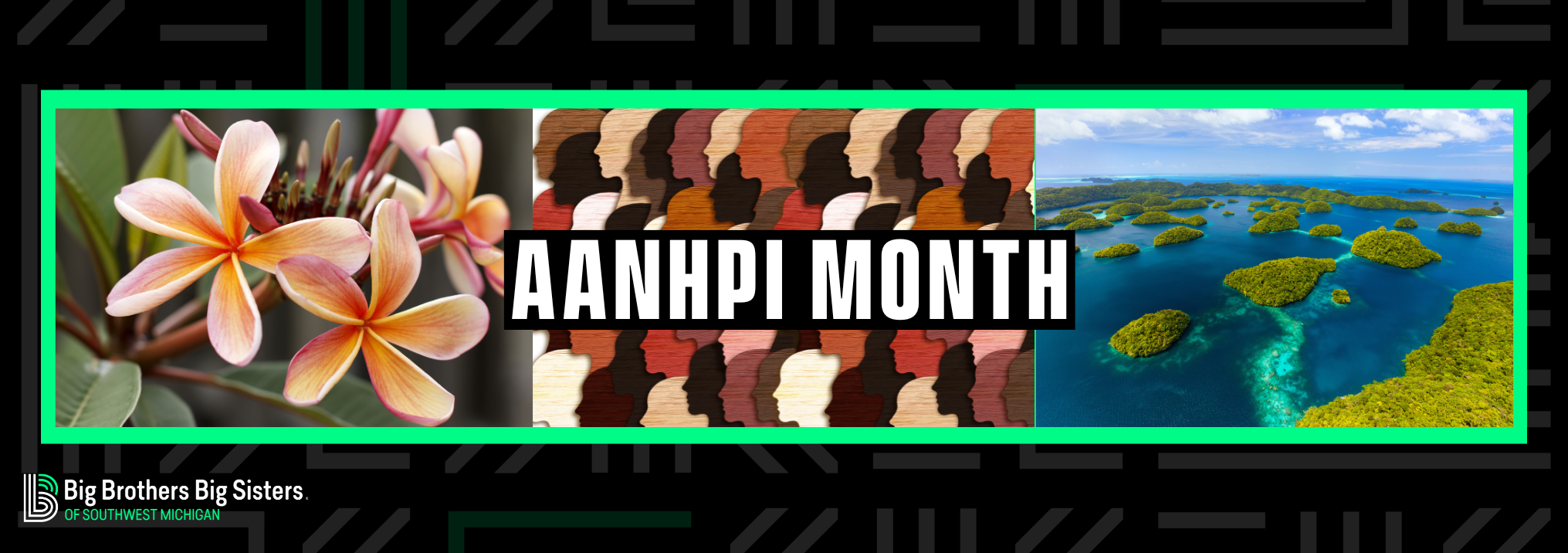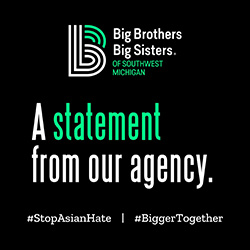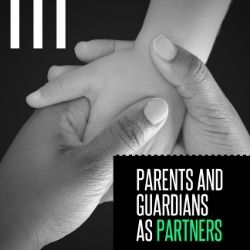MAY IS NATIONAL AANHPI MONTH

In honor of AANHPI (Asian American, Native Hawaiian and Pacific Islander) Heritage Month, BBBS is celebrating the history of this month and discussing some of the reasons it’s observed nationally. Throughout the month of May, we will be highlighting a handful of AANHPI owned businesses in the area, sharing the stories of some AANHPI staff and board members, and providing some resources for how you can help celebrate AANHPI month locally.
FROM A WEEK- TO A MONTH
The Civil Rights movement of the 1960’s brought much-needed change to the United States. Out of that unrest came new civil liberties for its citizens. The Proclamation for AAPI groups began in 1978 with President Jimmy Carter signing it into law. At first, it was a designated seven-day period beginning on May 4, 1979, as “Asian/Pacific American Heritage Week.”
In 1992, President George H. W. Bush designated the entire month of May as the annual celebration of AANHPI month. It honors the many contributions and accomplishments of Asian Americans, Pacific Islanders Americans, and Native Hawaiians in the United States.
IMMIGRATION
The month of May commemorates the immigration of the first Japanese people to the United States on May 7, 1843. It also observes the anniversary of the completion of the transcontinental railroad on May 10, 1869. Chinese immigrants made up about 90% of the workforce that built the western portion of the transcontinental railroad. Despite their contributions, they experienced labor exploitation, legal racism, and widespread discrimination without the hope of citizenship.
On February 19, 1942, two months after the bombing of Pearl Harbor, President Franklin D. Roosevelt declares anyone of Japanese descent an enemy of the United States. Thousands of families lost their freedom. People were removed from their homes and forced into camps surrounded by barbed wire and armed guards, only because of their Japanese ancestry.
AANHPI EDUCATION
7% of people in the United States can trace their ancestry to an area which includes nearly 80 countries and many islands of the Pacific. This population is the fastest growing racial group in the U.S. More and more community leaders are stepping up and addressing the need for AANHPI education.
In 2021, Illinois became the first state to require Asian history education in schools, with more and more states following suit. “It’s a great way to address some of the root causes of anti-Asian hate and racist violence”, explains Grace Pai, Executive Director of Asian Americans Advancing Justice in Chicago. Her organization works to advance civil and human rights of Asian Americans. Part of that work includes promoting a fair and equitable society for all. The organization advocates for language access, education, litigation, democratic participation, and public policy advocacy.
RESOURCES
Looking to teach children, ages 6-9 about these injustices? You can help support AANHPI education with a book titled My Lost Freedom, by acclaimed actor George Takei. In the book, “he looks back at his own memories and works to help children today understand what it feels like to be treated as an enemy by your own country. Featuring powerful, meticulously researched watercolor paintings, this is a story of a family’s courage, a young boy’s resilience, and the importance of staying true to yourself in the face of injustice.”
You can start celebrating with some free worksheets and printables here.
Follow us on Facebook and Instagram, to celebrate with us all month long!



